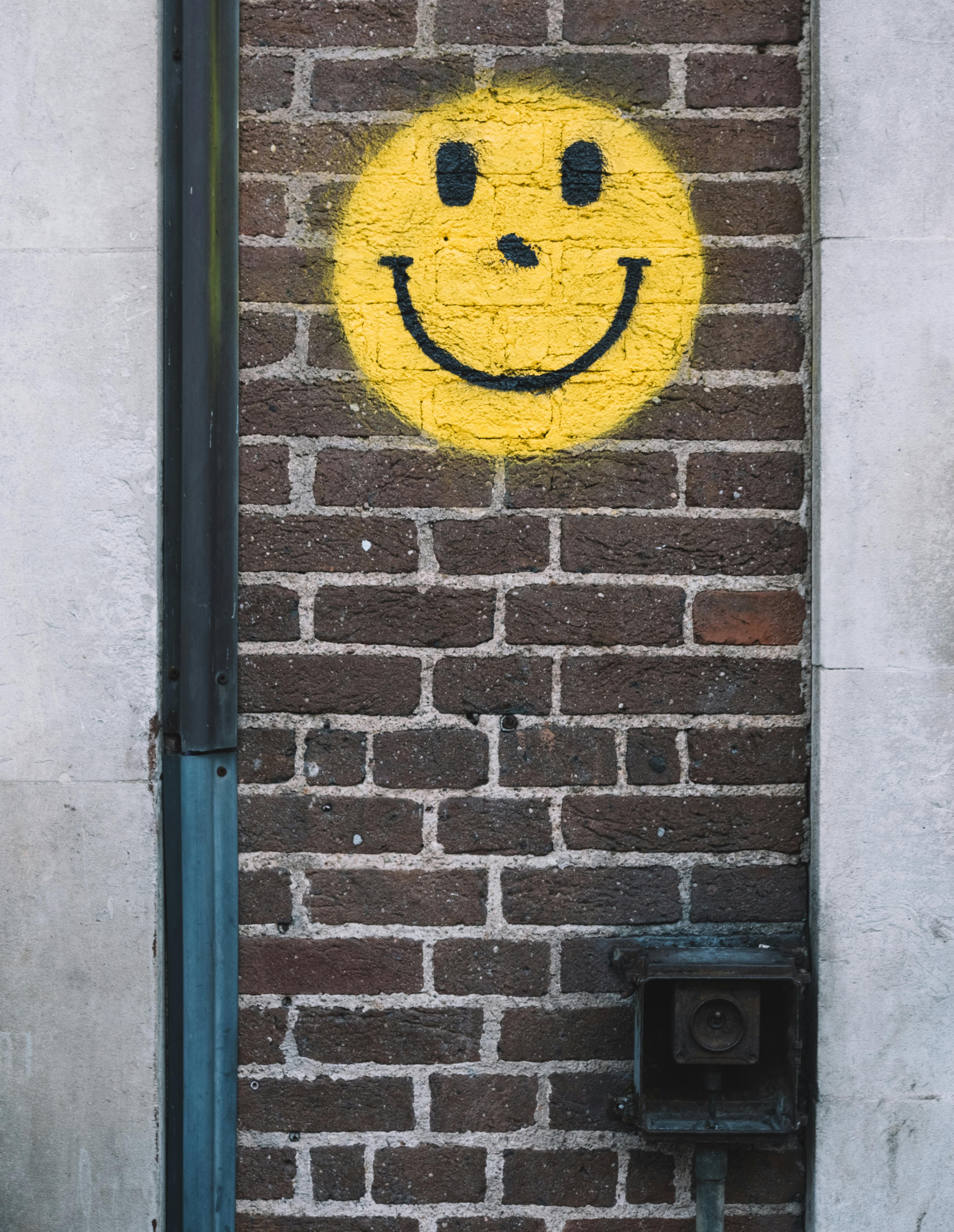
Blockchain in Art Authentication and Provenance: Revolutionizing the Art Market
Blockchain in Art Authentication and Provenance: Transforming the Global Art Ecosystem
Understanding the Blockchain Art Authentication Landscape
The intersection of blockchain technology and art authentication represents a groundbreaking paradigm shift in how we verify, track, and trade artistic assets. Traditional art authentication has long been plagued by challenges of forgery, opaque ownership histories, and complex provenance verification. Blockchain technology offers a robust, transparent, and immutable solution to these long-standing issues in the art market.
Technical Foundations of Blockchain Art Provenance
Blockchain technology provides a decentralized and cryptographically secured ledger that enables permanent, transparent recording of an artwork's entire lifecycle. Each transaction, ownership transfer, and authentication event can be permanently recorded as an immutable, timestamped entry. This creates an unprecedented level of transparency and trust in art transactions, effectively combating fraud and establishing a comprehensive digital provenance trail.
Market Analysis and Global Trends
Market Size and Projections
| Year | Estimated Market Value | Growth Rate |
|---|---|---|
| 2023 | $250 million | 42.5% |
| 2024 | $356 million | 42.8% |
| 2025 | $508 million | 42.7% |
Source: Art Blockchain Market Research Report, 2023
Top Blockchain Art Authentication Protocols
-
Artory: A comprehensive blockchain-based art registry platform that provides immutable documentation for artwork transactions and provenance.
-
Verisart: Specialized in creating verifiable certificates of authenticity using blockchain technology, enabling artists and collectors to secure their digital and physical art assets.
-
Codex Protocol: Develops decentralized title registry solutions specifically designed for art and collectible assets, ensuring secure and transparent ownership tracking.
International Regulatory Frameworks
Different jurisdictions have varying approaches to blockchain art authentication:
- United States: The SEC considers blockchain art tokens as potential securities, requiring careful legal compliance.
- Switzerland: Provides a progressive regulatory environment with clear guidelines for digital asset tokenization.
- Cayman Islands: Offers flexible legal structures for blockchain-based art investment vehicles.
- British Virgin Islands: Supports innovative blockchain implementations with robust legal protections.
Technological Challenges and Innovations
Blockchain art authentication involves complex technological considerations. Advanced cryptographic techniques, including digital signatures, hash algorithms, and smart contract implementations, are crucial in creating tamper-proof art records. Machine learning and AI integration further enhance verification processes by analyzing artistic characteristics and detecting potential forgeries.
Future Implications
The convergence of blockchain, artificial intelligence, and digital authentication technologies promises to revolutionize the art market. Future developments will likely include more sophisticated verification mechanisms, enhanced cross-border transaction capabilities, and increased liquidity for art assets through fractional ownership models.
RWA.codes: Your Blockchain Art Authentication Partner
At RWA.codes, we specialize in developing cutting-edge blockchain solutions for art authentication and provenance tracking. Our expert team offers comprehensive services including:
- Custom blockchain development for art platforms
- Smart contract design and implementation
- Legal and regulatory compliance consulting
- Advanced tokenization strategies
- Technical architecture and integration support
Contact our team to explore how blockchain can transform your art authentication processes.